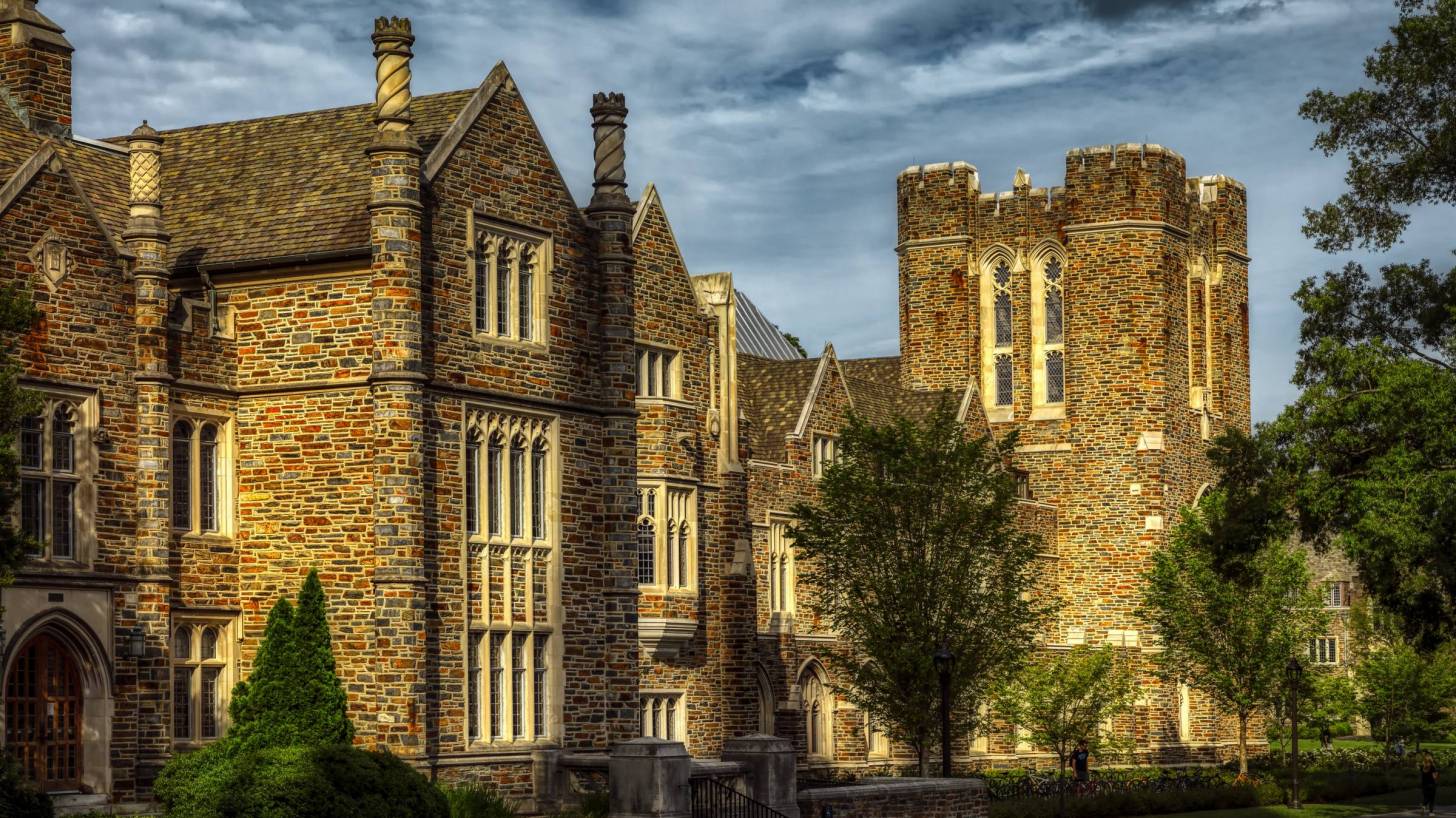Are Colleges Prepared for a Meningococcal Disease Outbreak?

New research says ‘achieving high MenB vaccination coverage is crucial to help protect at-risk persons during outbreaks of meningococcal disease caused by this serogroup.’
Moreover, 10 to 15 percent of meningitis B patients ultimately die from an infection, says the CDC.
This new study was published by the Centers for Disease Control and Prevention (CDC) in March 2019, it says ‘Although the incidence of meningococcal disease is low, university students are at increased risk of meningococcal disease caused by serogroup B outbreaks.’
This study reviewed outbreaks between 2013 and 2018 that included 39 cases and 2 deaths.
In some outbreaks, cases occurred over a prolonged period of time, as in a 2008–2010 Ohio outbreak, and the 2013–2014 New Jersey outbreak.
Half of the 10 studied outbreaks ended following implementation of MenB vaccination efforts, but additional cases occurred at the other 5 universities, mainly among unvaccinated students or close contacts.
College students are at risk for this disease since the MenB vaccine is not integrated into standard vaccination schedules, said this study.
A recent survey demonstrated that only 2 percent of universities require MenB vaccination for students prior to matriculation.
During 2013–2018, between 1 to 4 university-based MenB outbreaks occurred annually.
These outbreaks varied in size and duration and affected both small and large universities. All the outbreaks occurred at residential 4-year degree-granting universities.
Similar university-based disease outbreaks were reported in Canada in 2015, and the United Kingdom in 2017.
In 2017, partly on the basis of the experiences of these university outbreaks, the CDC revised its guidance for the evaluation and public health management of suspected outbreaks of meningococcal disease.
In the revised guidance, the outbreak threshold for vaccine decision-making in an organization-based outbreak, such as at a university, is defined as 2–3 outbreak-associated cases within an organization during a 3-month period.
“In most situations, 2 cases within an organization constitute an outbreak. However, in some situations, such as an outbreak within a large university where no identifiable subgroup at risk within the population can be identified, it may be reasonable to declare an outbreak after 3 cases,” said these researchers in a CDC statement.
The CDC says ‘decisions about whether, when, and how to offer MenB vaccine during an outbreak remain challenging and should be tailored to the unique epidemiology of each outbreak.’
Although the exact MenB vaccination coverage among young adults in the USA is unknown, the coverage of 1 dose of MenB vaccine among persons 17 years of age was estimated to be 14.5 percent in 2017.
Recently, on December 3rd, 2018, a New Jersey State committee approved Assembly Bill 1991 requiring residential students at 4-year colleges receive vaccinations that provide protection from meningitis serogroup B.
Currently, New Jersey is one of 37 states requiring college students to be vaccinated with the meningococcal conjugate vaccine, which delivers protection for meningitis serogroups A, C, W, and Y.
But, on December 19th, 2018, Johns Hopkins Medicine researchers said ‘that providing universal vaccination against the meningitis B infection to college students may be too costly to justify.’
Two serogroup B meningococcal vaccines — Bexsero® and Trumenba® — have been licensed by the US Food and Drug Administration.
These vaccines are recommended routinely for people 10 years or older who are at increased risk for serogroup B meningococcal infections.
Other meningococcal vaccines are recommended to help protect against serogroups A, C, W, and Y.
Meningococcal meningitis is a rare but serious bacterial infection. It causes the membranes that cover the brain and spinal cord to become inflamed.
Each year, approximately 1,000 people in the U.S. get meningococcal disease, which includes meningitis and septicemia, says the CDC.
Recent MenB vaccine news:
Dr. Soeters lead this new CDC study and is an epidemiologist in the Meningitis and Vaccine Preventable Diseases Branch, Division of Bacterial Diseases, National Center for Immunization and Respiratory Diseases, CDC.
The members of the Serogroup B Meningococcal Disease University Outbreak Group are: Kathleen Harriman and Kathleen Winter (California); Susan Lett, Ann Becker, and Kerry-Beth Garvey (Massachusetts); Barbara Montana and Elizabeth F. Zaremski (New Jersey); Tasha Poissant (Oregon); Perrianne Lurie and Elizabeth A. Negrón (Pennsylvania); Utpala Bandy (Rhode Island); and Susann Ahrabi-Fard (Wisconsin).
Our Trust Standards: Medical Advisory Committee




















